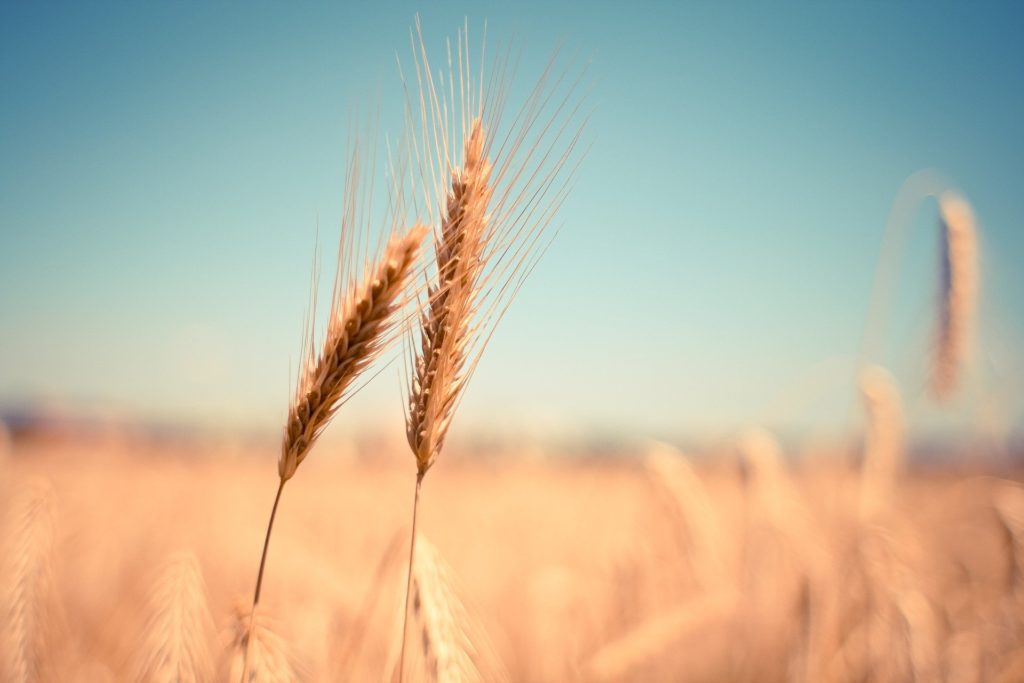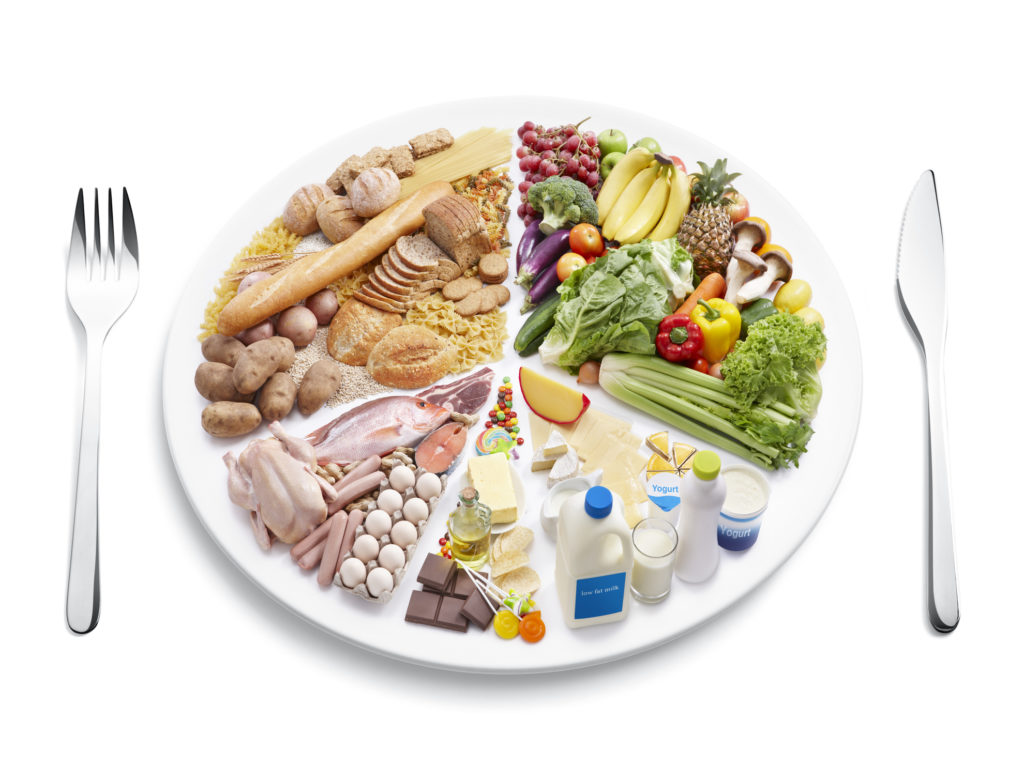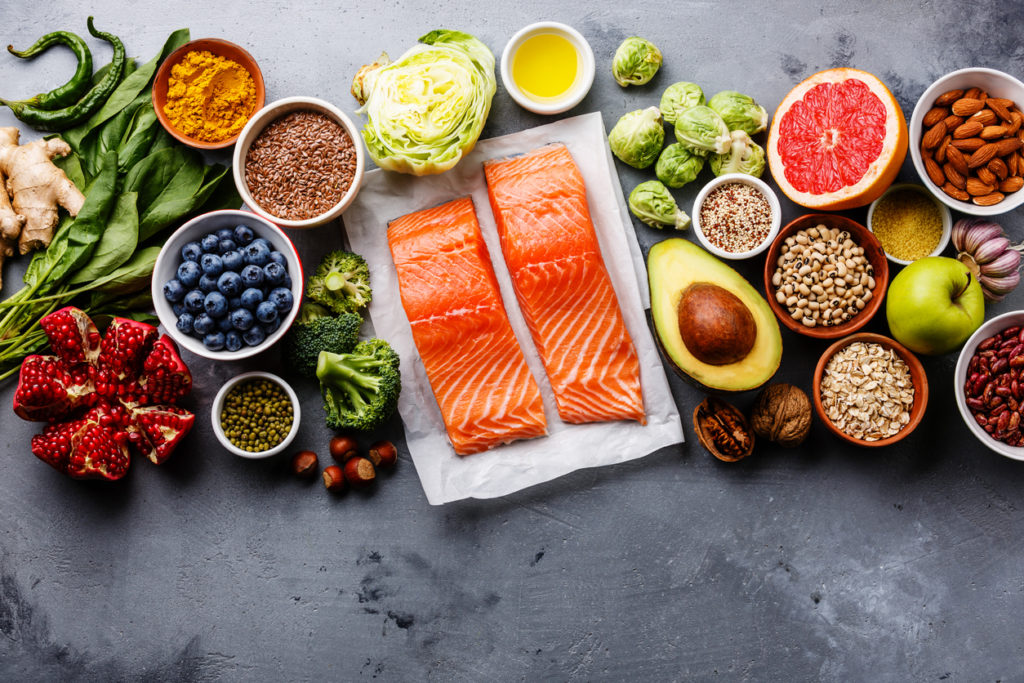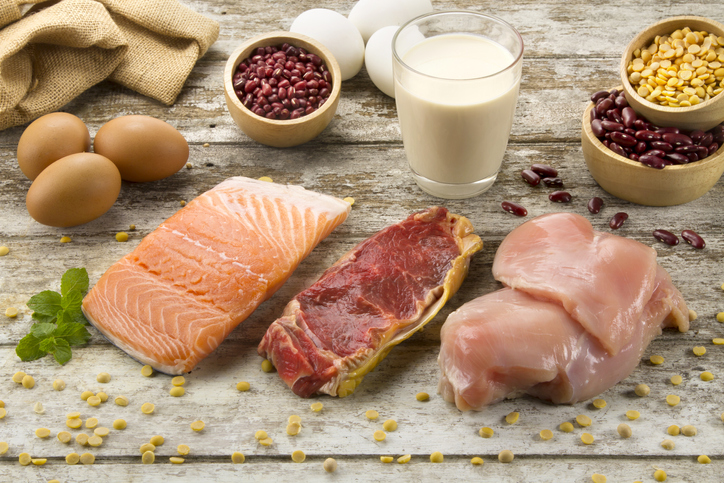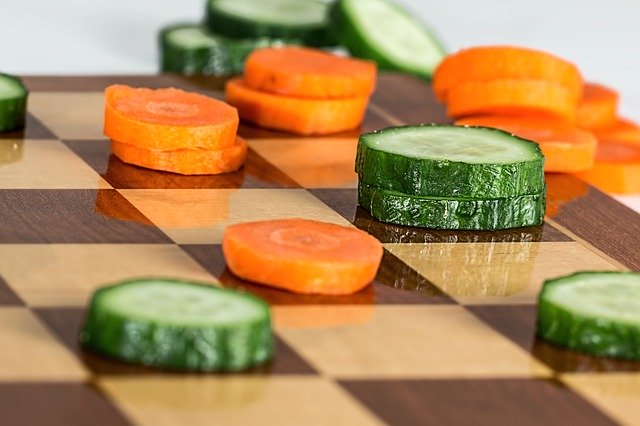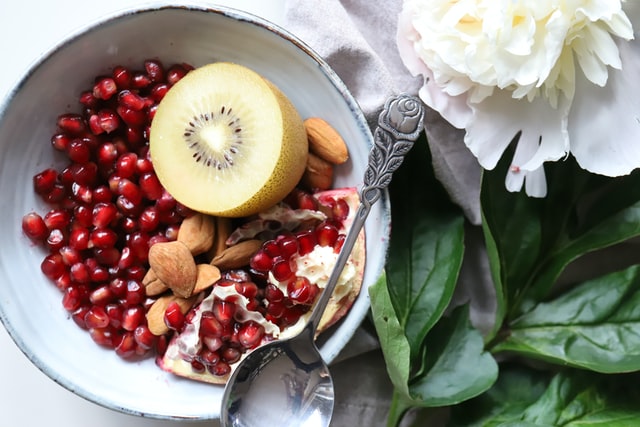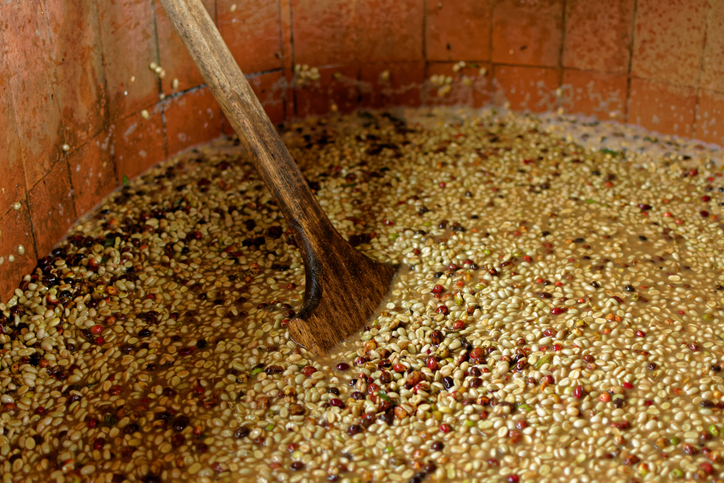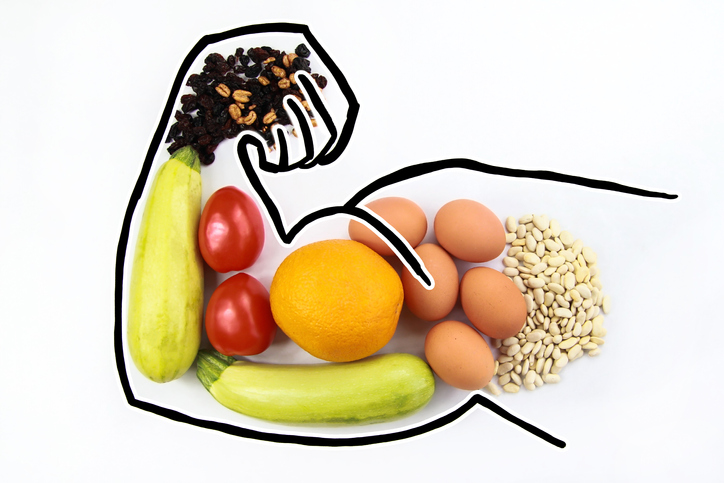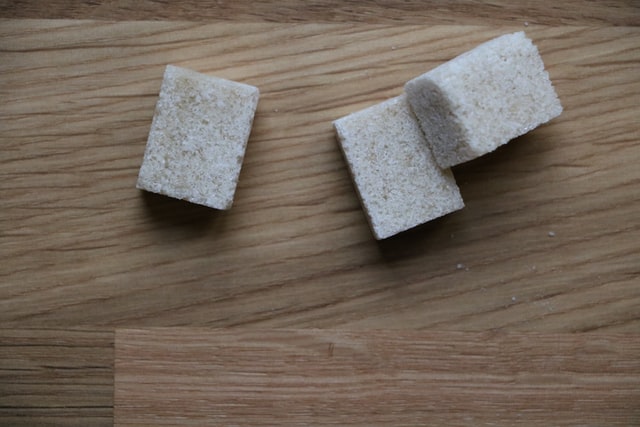Commonly referred to as the breakfast bowl, cereals are actually plants whose seeds are edible. Consumed whole (wheat, rice, corn, oats . . . ) or in the form of derived products (bread, pasta . . . ), their multiple properties constitute a non-negligible nutritional interest in the dietary balance of the sportsman. Discover the great food that are cereals.
A VARIED NUTRITIONAL COMPOSITION
Cereals are still often associated with weight gain even though they offer a moderate source of energy that is very low in fat (1 to 2%). Their high starch content (70-80%) makes them the preferred food for sportsmen and women, whose carbohydrates must represent more than half of their total intake (except in special cases).
They also contain vegetable proteins (7 to 14%) which contribute to covering daily requirements. When chosen whole or semi-complete, cereals contain interesting levels of vitamins (B and E), minerals (iron, magnesium, zinc, potassium, selenium) and fibre. It should be noted that an excessive intake of fibre (irritating) can cause digestive discomfort.
STRATEGIC FOODS IN SPORTS NUTRITION
Cereals and their derivatives have long been wrongly described as "slow sugars". Some cereal products (rye bread, quinoa, wholemeal pasta, etc. ) are actually assimilated quite slowly by the body. They provide a gradual release of energy and enable the maintenance or replenishment of the body's glucose reserves (glycogen) which are used up during physical activity.
Therefore, their consumption is essential at the meal preceding the effort and during the recovery period up to 24 hours after the effort. In addition, these foods have the particularity of promoting satiety and therefore limiting snacking.
On the other hand, other foods, such as white bread, are quickly assimilated. They should be taken during or just before exercise for an almost instantaneous carbohydrate intake. This characteristic slows down the depletion of glycogen stocks, maintains blood sugar levels (glycaemia) and thus prolongs the intensity and duration of the effort.
This type of cereal product is also recommended up to 30 minutes after exercise to effectively recharge and increase muscle glycogen reserves. However, consuming more carbohydrates (slow and fast assimilating) than necessary will increase fat mass (adipose tissue). The raw weight of cereals must be multiplied by 3 to obtain the cooked weight.
VIVE VARIETY: SOME CEREALS AND DERIVATIVES
BREAD
Bread is an excellent source of complex carbohydrates provided it is considered a food in its own right and not just an accompaniment. Preference should be given to elaborate breads (wholemeal, rye, cereals, etc. ) which are more slowly digested than "white" breads. The consumption of the latter may be justified just after exercise because of their instantaneous carbohydrate intake. Bread and rusks, even when chosen wholemeal, are less recommended as they often contain added sugars, hydrogenated fats and preservatives.
QUINOA
Quinoa, known as the "rice of the Incas", is a pseudo-cereal that should be included in the diet of athletes. Slowly assimilated, it maximises effort and combats fatigue. This modern food is distinguished by its richness in essential amino acids (not synthesised by the body) and antioxidants.
RICE
Rice comes in an infinite number of varieties, the most crude being 'brown' rice from which only the inedible hull has been removed. Among the "white" rices, basmati rice has a moderate rate of assimilation provided it is not overcooked
BREAKFAST CEREALS
There is a wide variety of breakfast cereals made from different grains (corn, oats, wheat, etc. ), which is why it is important to differentiate between them and compare labels. Oat flakes are by far the most nutritious (rich in fibre, vitamins and minerals) but muesli-type cereals, with little or no added sugar, are also among the good quality ones. Puffed and petal-shaped cereals (which include "diet" cereals) are often too sweet and therefore unsuitable for a sportsman's breakfast. The least recommended are those with fillings because they are extremely fatty and sweet.

